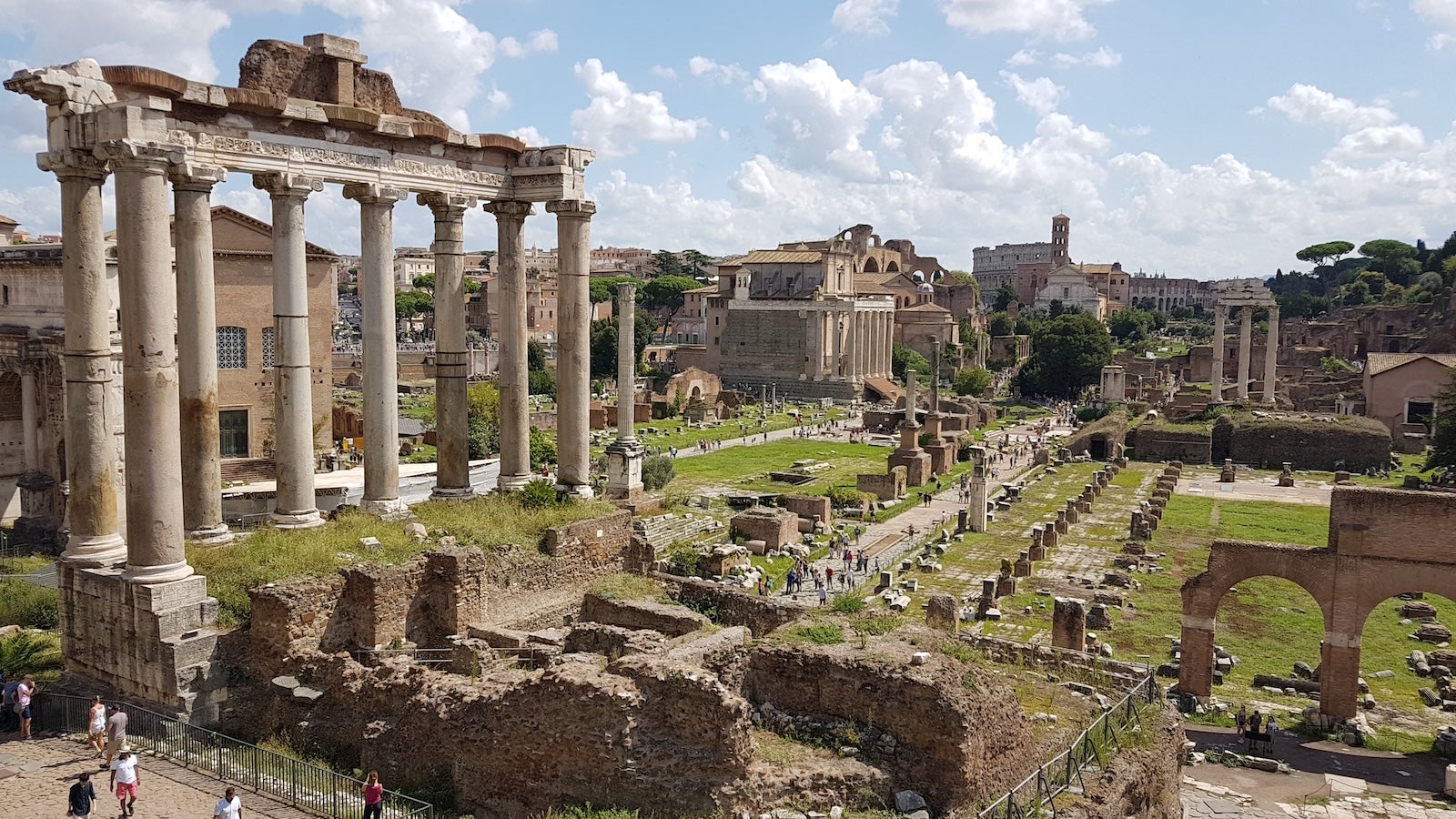Sometime in the distant future, say the rabbis of the Talmud, the nations of the world are going to line up before God to recount their achievements. Each will be found wanting for having not served the interests of the Jewish people.
This revenge fantasy — a tale so blunt it makes Inglorious Basterds look tame — is located at the beginning of Tractate Avodah Zarah, which you may have read this week if you follow the Daf Yomi cycle. Unsurprisingly, it’s not a story that gets a lot of airtime; the contempt with which the rabbis hold other nations, the understanding that they all exist to serve Jewish interests, the glee they exhibit at imagining God putting them in their place — this is the sort of story that can get a minority religion in trouble.
I like the story anyway. I like it because it is one of the few times the rabbis ask a question that has become increasingly pressing in an era of world-changing technologies: What exactly are we trying to accomplish? What is civilization supposed to achieve?
For the Romans, civilization is about construction. The Romans tell God: “We built many marketplaces. We built many bathhouses. We amassed silver and gold — and we did it all so that the Jewish people can learn Torah.”
With your help, My Jewish Learning can provide endless opportunities for learning, connection and discovery.
The Persians aren’t much different. “We built many bridges,” they say. “We conquered many cities. We fought in many wars. All so that the Jews could learn Torah.”
God doesn’t believe a word of it. All for the Jews? Please. Roman marketplaces are for prostitution. Bathhouses are for pleasure. Bridges are for tax collection. Cities are conquered to acquire slaves. The nations each come before God and each is found lacking.
What’s the point of this story? One obvious element is the rabbinic desire to locate justice in a world that often seems hostile to Jews. But this isn’t just a story about comeuppance. The fantasy of ultimate justice also allows the rabbis to move past the shame of being politically disenfranchised, of not being the people who build bridges and markets. It creates a framework where Jews don’t need to build civilization because they’re supposed to be its beneficiaries, because a well-functioning state is a state that allows Jews to learn Torah.
This stance is more important than it seems. The Jewish relationship to technological progress is a strange one — Jews were never opposed to it, but until the 20th century, they also weren’t driving it. The Talmud is notable for not talking about invention. Genres of Greek, Latin and Arabic literature devoted to the specifics of human progress are basically absent from Jewish texts. Without the money or power to commission major projects or (in Christian Europe) admission to the guilds where craftspeople improved their tools, Jews had to find a meaning for their existence that didn’t revolve around human progress or human might. They found it in the study of Torah, an activity without economic benefit that functions best inside of well-functioning societies.
There’s a broader reading of this story that is even more interesting. Societies aren’t always honest with themselves about the purpose of their technologies. Space travel may be important because our destiny is to travel the stars, but it could also be about advancing military and political interests. Often it’s both. But the presence of grand narratives allow the people and governments driving these projects to claim they are doing something for all humankind.
Grand narratives aren’t inherently bad, but they can create the illusion of consensus and suppress debate. This is especially true for grand technological narratives, which in our day are often crafted by a small number of people creating products for billions. The best way to respond is not with counter-narratives, but with clarity about our values. The clearer we are about what we want to spend our time doing — be it studying Torah, writing poetry, rock climbing or even working — the clearer we’ll be about which technologies will redound to our benefit.



